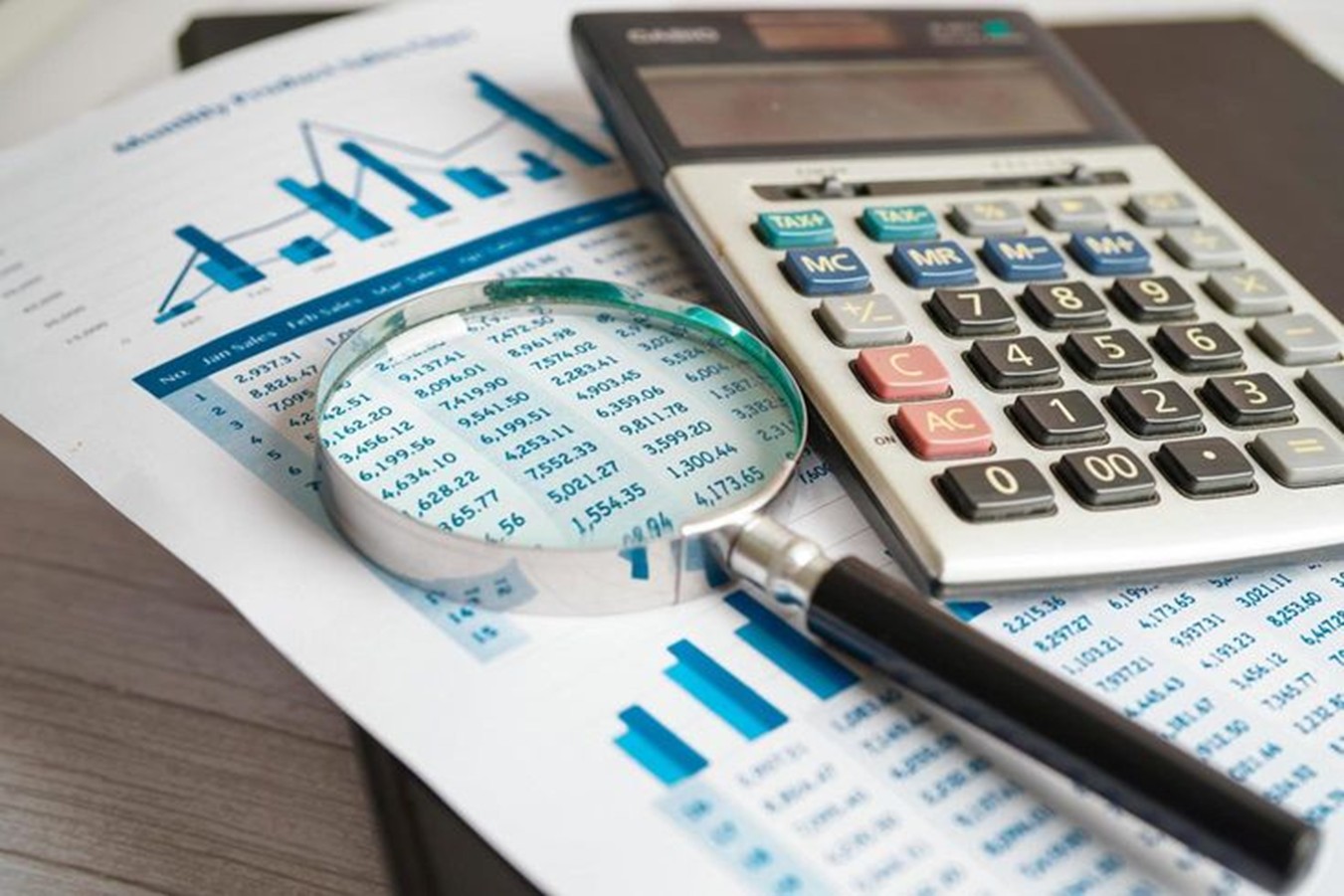What is enhanced Due Diligence?
EDD protects companies from reputational, legal and operational risks by uncovering crucial data that a general due diligence check might miss.It requires financial institutions and regulated companies to take extra steps in verifying customers, their backgrounds, and the nature of their transactions. It involves:
- Extensive verification of identity, ownership structure and business activities of company and parties involved.
- Frequent monitoring of business relationships.
- Additional checks on politically exposed persons (PEPs)
- Investigation of adverse media content
- Review of any regulatory issues
EDD investigation is not a once-done-and-dusted activity. Even though it is done at the start of an onboarding process, the organization should continue to protect itself by regular follow-up checks and for risk management.
Enhanced Due Diligence helps in various Risk Mitigation processes as follows:
- Identifying hidden risks
EDD helps in uncovering layered ownership structures to identify Ultimate Beneficial Owners. This is crucial to find out if the entity is owned by an offshore entity linked to sanctioned individuals.
- Legal Records and Media checks
EDD checks Legal databases, news reports and Sanction databases for listings of the Companies or Individuals concerned. Sometimes, a company can appear clean on paper, but deeper media and database checks can reveal underlying issues like corruption, modern slavery, etc.
- Geographic risk assessment
EDD evaluates engagement and exposure to high-risk jurisdictions, which are likely to have less Anti-Money Laundering (AML) regulations.
- Strengthens Internal Controls
EDD encourages risk awareness and helps refine internal AML procedures, especially in sectors like banking, fintech, and crypto.
EDD is often mandated by AML regulations for high-risk scenarios. This is especially crucial to identify and prevent higher-risk money laundering or terrorist fundings. It ensures Companies meet global standards, reducing the risk of fines and reputational damage.
With richer data and deeper insightsorganizations can make more informed onboarding, partnership, and investment decisions.
However, EDD isn’t just about collecting more data; it’s about connecting the dots. By layering multiple sources of intelligence, it builds a comprehensive risk profile that reveals what standard due diligence misses.

